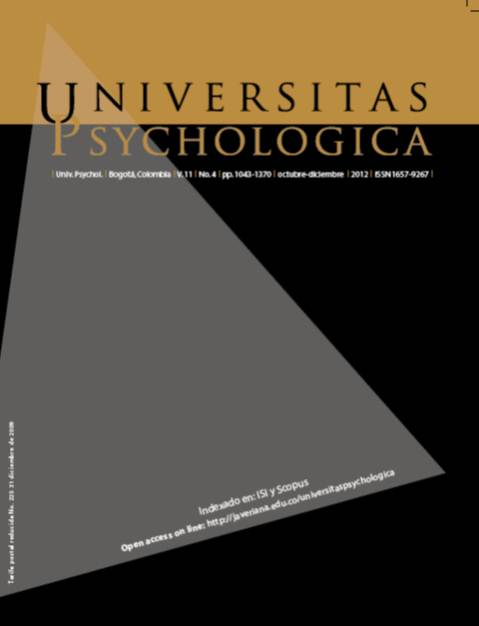Abstract
Evidence-based psychosocial treatments for the prevention of juvenile delinquency emphasize the importance of a high quality social environment. However the promotion of this approach in real life is somewhat hindered by diffusion-related problems associated with psychosocial innovation. Indeed, communication between researchers, policy makers, clinicians and members of the community is not an easy task. The communication gap between research and practice is an important issue because its failure could compromise the impact of the intervention on youths at risk of juvenile delinquency. The objective of this article is to put forth a conceptual framework based on theory of diffusion of innovation specifically geared towards optimizing the cohesion between the scientific, politic and practice worlds.
This journal is registered under a Creative Commons Attribution 4.0 International Public License. Thus, this work may be reproduced, distributed, and publicly shared in digital format, as long as the names of the authors and Pontificia Universidad Javeriana are acknowledged. Others are allowed to quote, adapt, transform, auto-archive, republish, and create based on this material, for any purpose (even commercial ones), provided the authorship is duly acknowledged, a link to the original work is provided, and it is specified if changes have been made. Pontificia Universidad Javeriana does not hold the rights of published works and the authors are solely responsible for the contents of their works; they keep the moral, intellectual, privacy, and publicity rights. Approving the intervention of the work (review, copy-editing, translation, layout) and the following outreach, are granted through an use license and not through an assignment of rights. This means the journal and Pontificia Universidad Javeriana cannot be held responsible for any ethical malpractice by the authors. As a consequence of the protection granted by the use license, the journal is not required to publish recantations or modify information already published, unless the errata stems from the editorial management process. Publishing contents in this journal does not generate royalties for contributors.


